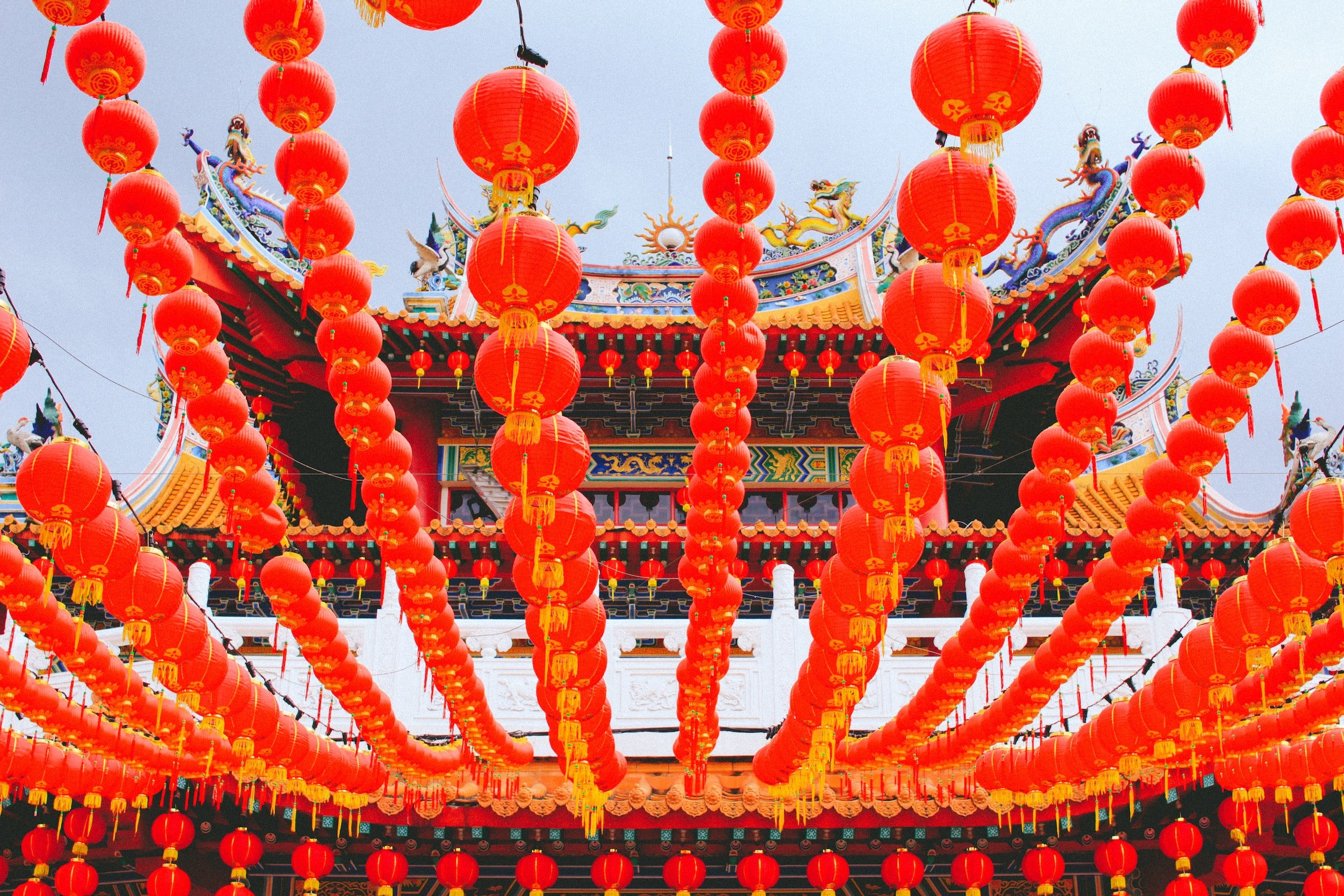
Editor’s Note: This excerpt from a sermon on Daniel 6 was originally shared in January 2020, at the KL2020 Gospel Conference in Kuala Lumpur, Malaysia, just as news of the coronavirus outbreak in Wuhan was beginning to dominate the media. In the midst of that uncertain time, this sermon calls Chinese believers to consider what it means to follow God in the midst of chaos and danger.
This excerpt has been condensed and edited for both clarity and length.
“Lay-offs” are a hot topic in these times. In their outstanding wisdom, many famous Chinese companies use beautiful language to describe their company’s lay-offs. Huawei, for example, says they will “eliminate mediocre employees.” KeDa Technologies will “optimize those who take early lunch.” The most impressive is Alibaba. They say, “We will export 1,000 employees with over ten years’ experience every year.” I am not sure if the reason for these descriptions is the vast depth of the Chinese language, or the creativity of corporate executives!
Work’s Importance and Danger
Work is important. In China, we see work as a tool to make a living. Some see it as a career through which they seek professional success. For Christians, our work is our mission; we work for a greater goal. This helps us recognize our careers are also a mission. Before COVID, some said the most dangerous profession in the world was being a lumberjack, others said it was digging up land mines. After the coronavirus outbreak in Wuhan, the list must change: medical workers now have the most dangerous work.
It is not just medical workers who are in danger – anyone who lives in Wuhan, lives in Hubei Province, or even within China is in danger. What is next? Perhaps one day we will leave earth on a space shuttle and find a different planet. When we disembark and introduce ourselves as coming from Earth, people from that planet will say, “Danger! Danger!”
Never miss a story
Working with dangerous people is even more dangerous than working at a dangerous job. I recently read a story of a man who was fixing a meat grinder when his colleague accidentally turned on the machine and ground him to death. If those you work with are incompetent, then you are in danger.
>
”“Your religion may turn an ordinary job into a dangerous one, and the people around you may suddenly become dangerous. This is a great challenge. How does one work and live in this world?”
If you do not work in a dangerous profession or with dangerous co-workers, then the next most dangerous thing is being a religious person, especially within a company. Your religion may turn an ordinary job into a dangerous one, and the people around you may suddenly become dangerous. This is a great challenge. How does one work and live in this world?
Facing a Complicated World
Daniel 6 tells what happened to Daniel. He was an excellent employee, second-in-command in the empire. Being second-in-command is very dangerous. Throughout history, these individuals have a high death rate. Daniel led an extraordinary life: he was captured as a slave, and served under many generations of kings in many empires. Through it all, he stood firm. Today in China we might say Daniel served four general secretaries [Xi Jinping is the current general secretary], and through it all he kept his position on the standing committee [the top leadership, currently a group of seven]. Many were jealous of him. Although a lot of people wanted to bring him down, they were unable to do so.
Whether you are a regular person or a Christian, everyone wants to understand Daniel. Even non-Christians think the book contains a secret to success. Many people in China are studying Daniel; many heretical religions also teach about him. Yet when you study the Bible, it is clear God is talking about something else, because all power and position ultimately come from the Lord. As we live in this dangerous and complicated world, Daniel teaches us two things: why it is so dangerous to be a religious person at work in this world, and how to face this danger.
>
”“I have wanted to share this message for a long time. But life was good, there was no discussion of danger. How could talk of danger be applicable to those living a sweet life in China? But, through God’s mysterious provision, now everyone feels the danger.”
I have wanted to share this message for a long time. But life was good, there was no discussion of danger. How could talk of danger be applicable to those living a sweet life in China? But, through God’s mysterious provision, now everyone feels the danger. Your own actions reflect this sense of danger – today, each of you is wearing a mask!
Darius sat on the throne of the empire: one king over three high officials and 120 satraps. Perhaps you have complained of China’s 9-9-6 schedule? [Many Chinese companies require employees to work from 9 a.m. to 9 p.m., six days a week.] Daniel had no choice. He did not work 9-9-6; he worked 24/7. Within this brutal and cruel environment, he excelled.
But it is clear danger was coming, because Daniel 6:3 says “an excellent spirit was in him.” This sounds good – but his excellence meant disaster was waiting. The king wanted to set Daniel over the whole country, raising him above the group of three equal officials. This is when his danger appears. Someone else’s promotion is not good news. The high officials wanted to find grounds to destroy Daniel, so they decided to bring him down. Unfortunately for them, he was a capable employee and faithful worker. They could not find anything wrong with him. How could they frame him?
There is a Chinese saying which says, if you want to convict someone, you can always find a reason. If someone wants to frame you, there is no way to defend against this. These officials thus found a way to bring down Daniel: by finding fault with the laws of his God. They found a way to kill him with someone else’s sword; they used religion to convict him.
In China, pastors are never convicted on religious charges; instead, they may be charged with “espionage” or “subversion of state power.” Even as we talk about Daniel, authorities may think we are trying to subvert them.
Expect Persecution
In 2 Timothy, Paul describes the Christian life. Paul says he has gone through suffering and persecution, but God saved him through all this. Then he added something which ought to scare every Christian. He said, “all who desire to live a godly life in Christ Jesus will be persecuted.” Persecution is not optional for those who are religious and work hard to be good in a sinful world; it is necessary.
>
”“Persecution is not optional for those who are religious and work hard to be good in a sinful world; it is necessary.”
Jealousy is a common trait of those who do not believe in God. We live in an extremely jealous culture. We Chinese do not like to see others who are better than us. If someone else succeeds, we merely say, “Wait and see.”
In our educational system, we emphasize being the best. Everyone wants to be number one. That leads to one result: in this system, only the most beautiful, the wealthiest, the most powerful deserve to be human. If you are not the best, others do not see you as a human being.
In junior high, my school was wild, and we often fought. One day, my friends asked me to help them beat someone. After we cornered and beat him, I asked why we did that. My friend said, “No reason – because he is the best.”
We do not want others to be better than us. Those who are better than us deserve death – until one day, we become the best. People are cold toward each other. People are jealous, and hate one another. You can console yourself by saying that all this is because you are better than them.
You are persecuted not only because people are jealous of you, but you are also persecuted for your excellence. Finally, you may be persecuted because those in power love themselves too much.
Simon Liu is a church planter and works with church planting networks.
FOR PRAYER AND REFLECTION
Pray today that believers will view any persecution they may experience through a biblical lens.



































